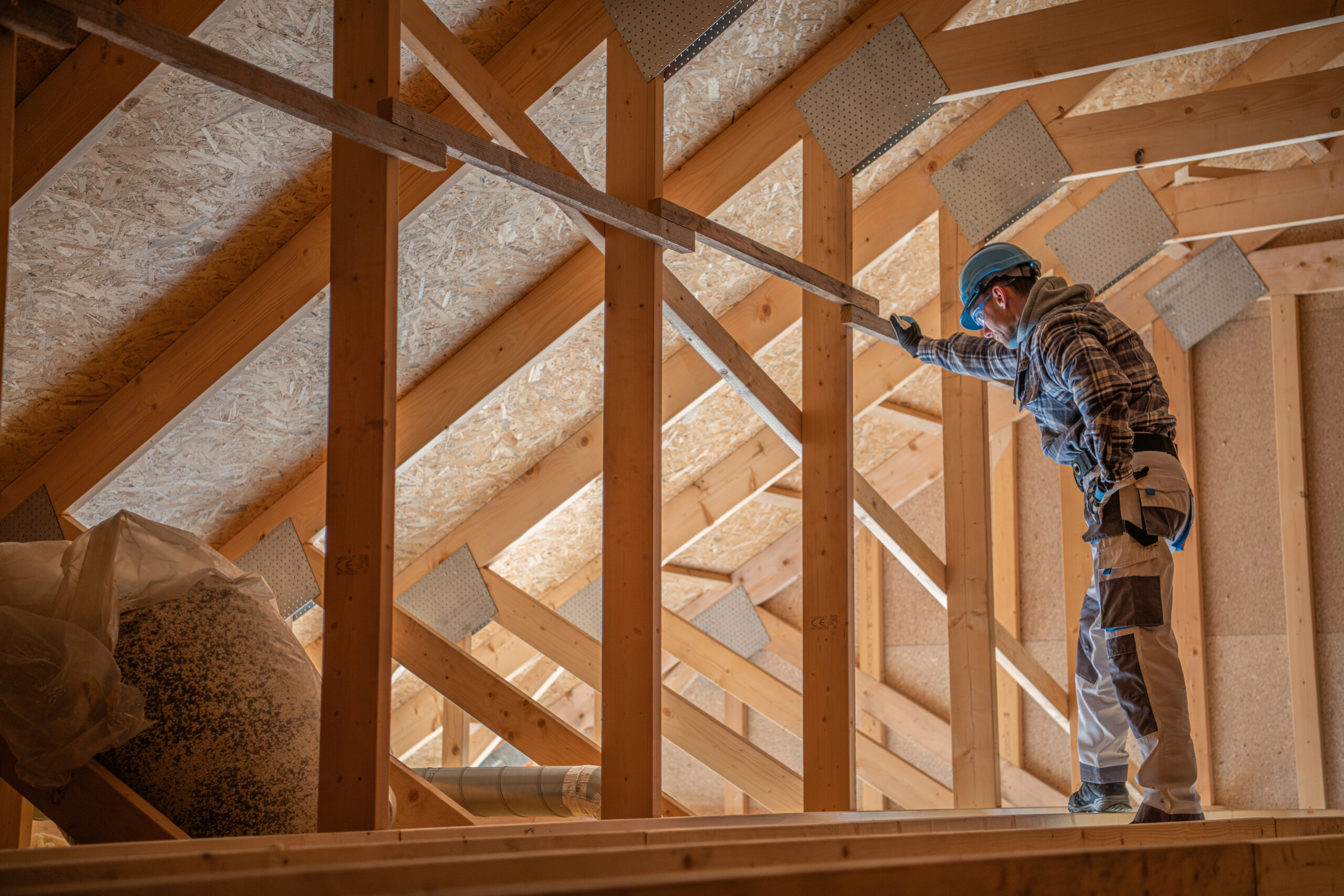
Selecting the best R-value for your home’s insulation is key to ensuring energy efficiency and year-round comfort, particularly in Auckland’s unique climate. The R-value measures a material’s resistance to heat flow; the higher the R-value, the better the insulation’s performance. Here’s a practical guide for Auckland homeowners navigating their insulation options.
Understanding R-Values
The R-value reflects how effectively an insulating material resists heat transfer. Higher R-values mean better insulation, helping maintain consistent indoor temperatures and reducing the need for heating or cooling. This is especially important in Auckland’s climate, where energy-efficient solutions can save significantly on energy bills.
Auckland’s Climate and Insulation Needs
Auckland, located in Climate Zone 1, enjoys a mild, temperate climate with moderate humidity. However, even in this relatively stable weather, proper insulation is essential to prevent heat loss during chilly months and maintain a cool indoor environment during summer.
Recommended R-Values for Auckland Homes
As of May 1, 2023, New Zealand’s Building Code has updated insulation requirements to enhance energy efficiency. For Auckland (Climate Zone 1), the minimum R-values are:
- Roof/Ceiling Insulation: R 6.6
- Wall Insulation: R 2.0
- Floor Insulation: R 1.5 for slabs on ground; R 2.5 for other floors
- Windows: R 0.37 (increasing to R 0.46 by the end of 2023)
These standards aim to improve thermal performance across various building components.
Factors to Consider When Choosing Insulation
- Building Age and Design:
- Older Homes: May require higher R-values to compensate for less efficient construction methods.
- Modern Homes: Often built with energy efficiency in mind but should still meet or exceed current R-value recommendations.
- Insulation Material:
- Fiberglass Batts: Common and cost-effective, suitable for walls and ceilings.
- Spray Foam: Provides excellent air sealing and higher R-values per inch.
- Polystyrene Boards: Ideal for floors and walls, offering high insulating properties.
- Installation Quality:
- Proper installation is crucial. Gaps or compression can significantly reduce insulation effectiveness.
Benefits of Optimal Insulation
- Energy Efficiency: Reduces the need for heating and cooling, lowering utility bills.
- Comfort: Maintains consistent indoor temperatures year-round.
- Environmental Impact: Decreases energy consumption, reducing your carbon footprint.
Compliance and Building Code Requirements
Adhering to the New Zealand Building Code is mandatory for all new constructions and significant renovations. Ensuring your home’s insulation meets or exceeds the recommended R-values not only complies with regulations but also enhances your property’s value and livability.
Professional Assessment and Installation
Consulting with insulation professionals can provide tailored advice for your home’s specific needs. They can assess current insulation levels, recommend appropriate materials, and ensure proper installation to maximize efficiency.
Selecting the right R-value for your home’s insulation in Auckland is a critical step toward achieving energy efficiency and comfort. By understanding R-values and considering factors like building design and material choice, homeowners can make informed decisions that comply with building codes and enhance their quality of life.
For more information or to schedule a consultation, visit Panda Solutions.
